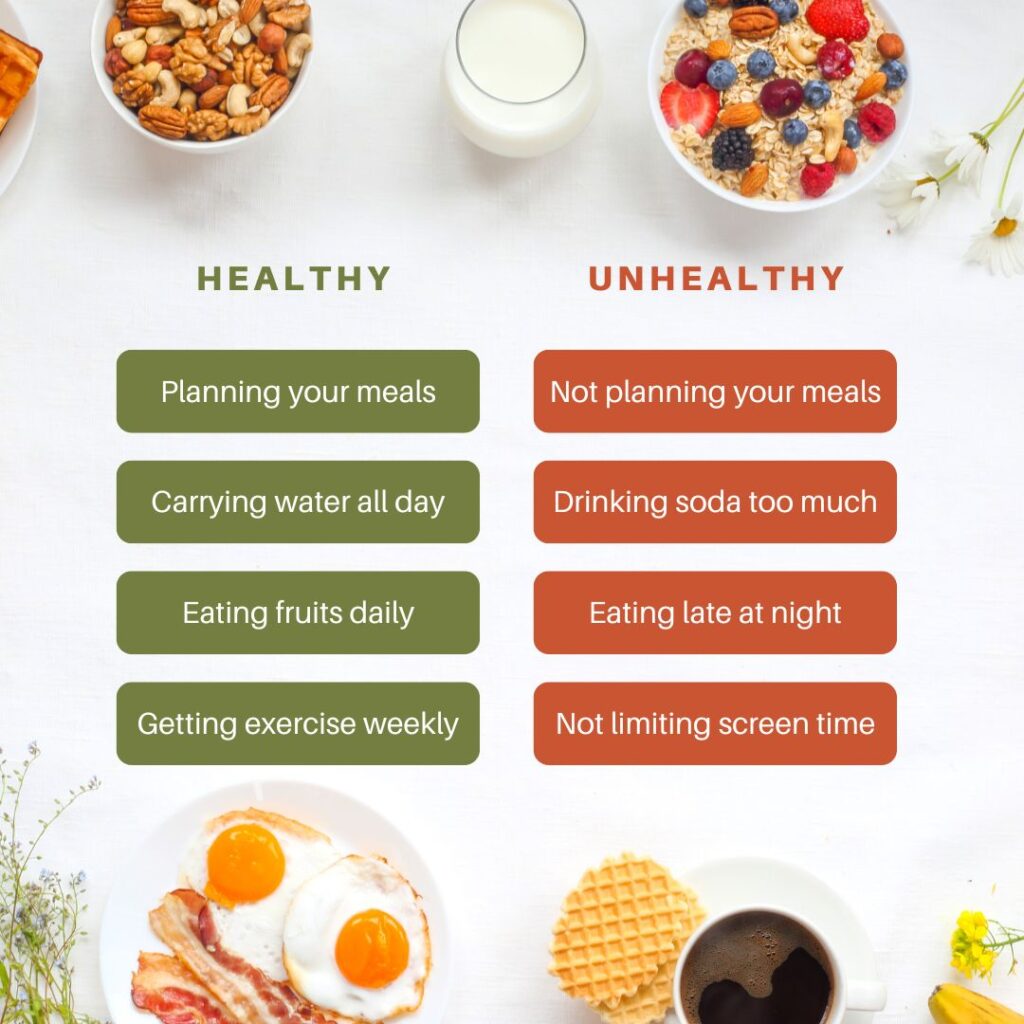As mothers, we play a crucial role in shaping our children’s emotional and mental well-being. In today’s fast-paced world, children face various stressors, from academic pressures to social dynamics. Supporting their mental health is not just beneficial; it’s essential. Here’s a guide for moms on how to nurture their children’s mental health effectively.
1. Create a Safe Space
Establishing a nurturing environment is foundational for your child’s mental health. Ensure that your home is a safe space where children feel comfortable expressing their feelings without judgment. Encourage open conversations about emotions, and let them know it’s okay to feel sad, anxious, or overwhelmed. A supportive atmosphere fosters trust and helps children feel secure in sharing their thoughts.
2. Encourage Open Communication
Engage in regular conversations with your child about their day-to-day experiences. Ask open-ended questions about their feelings, friendships, and school life. Listen actively to their responses, validating their emotions and experiences. This practice not only strengthens your bond but also teaches them that it’s okay to communicate their feelings, which is vital for mental health.
3. Be Aware of Signs of Stress
Children may not always verbalize their struggles. Be attentive to behavioral changes that may indicate stress or anxiety, such as withdrawal, changes in appetite, or trouble sleeping. Understanding these signs allows you to intervene early and provide support when needed. If you notice persistent changes, consider seeking guidance from a mental health professional.

4. Promote Healthy Habits
Encouraging healthy habits is crucial for mental well-being. Ensure your child gets enough sleep, eats nutritious meals, and engages in physical activity. Regular exercise has been shown to reduce anxiety and improve mood. Additionally, limit screen time and promote activities that foster creativity, such as reading, drawing, or playing outside. These habits contribute to overall mental health and well-being.

5. Teach Coping Skills
Equip your child with coping strategies to handle stress effectively. Techniques such as deep breathing, mindfulness, and journaling can help them manage their emotions. Teach them to identify their feelings and articulate them. Role-playing different scenarios can also help them practice how to respond to challenging situations, building their resilience over time.
6. Model Healthy Behavior
Children often emulate their parents. Demonstrate healthy coping mechanisms and emotional regulation in your own life. Share how you deal with stress or disappointment, highlighting that everyone experiences difficult emotions. Your example will teach them that it’s normal to face challenges and that seeking help is a sign of strength, not weakness.
7. Encourage Social Connections
Fostering friendships is important for children’s mental health. Encourage them to spend time with peers and engage in social activities. This helps them build social skills and provides a support system outside the family. Being part of a community, whether through school, sports, or hobbies, can significantly boost their confidence and sense of belonging.
8. Seek Professional Help if Needed
If your child is struggling significantly, don’t hesitate to seek professional help. A counselor or therapist can provide the support and tools needed to navigate emotional challenges. Early intervention can make a significant difference in a child’s mental health journey.
Conclusion
Supporting your child’s mental health is an ongoing process that requires attention, love, and patience. By fostering open communication, modeling healthy behaviors, and creating a supportive environment, moms can play a vital role in their children’s emotional well-being. Remember, nurturing mental health is just as important as supporting physical health, and it’s a journey best taken together.










